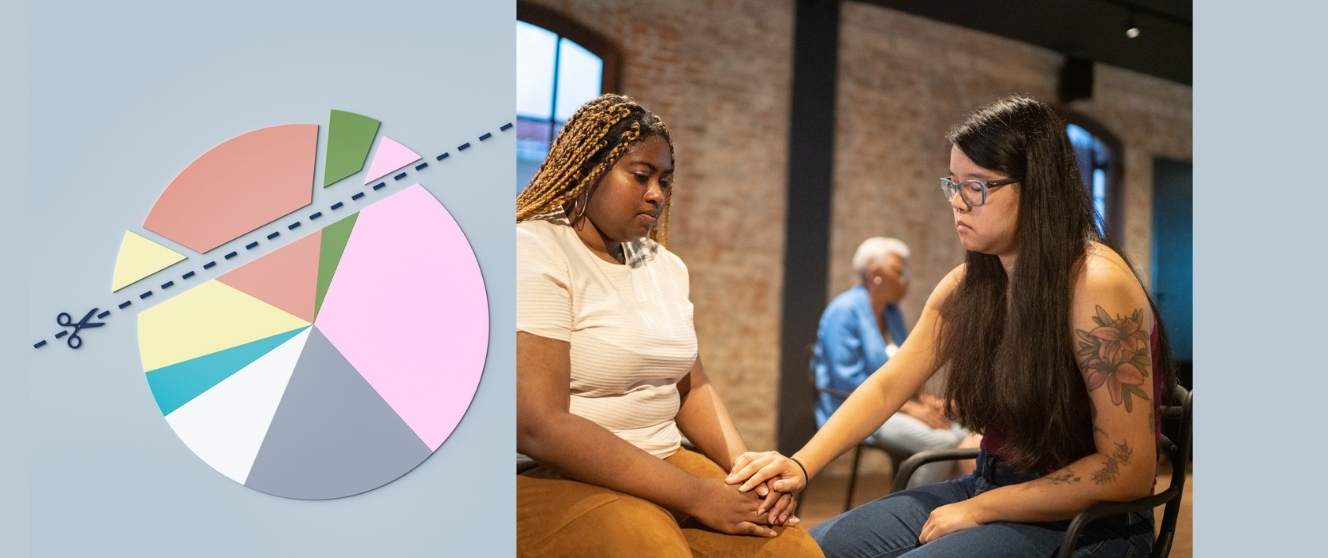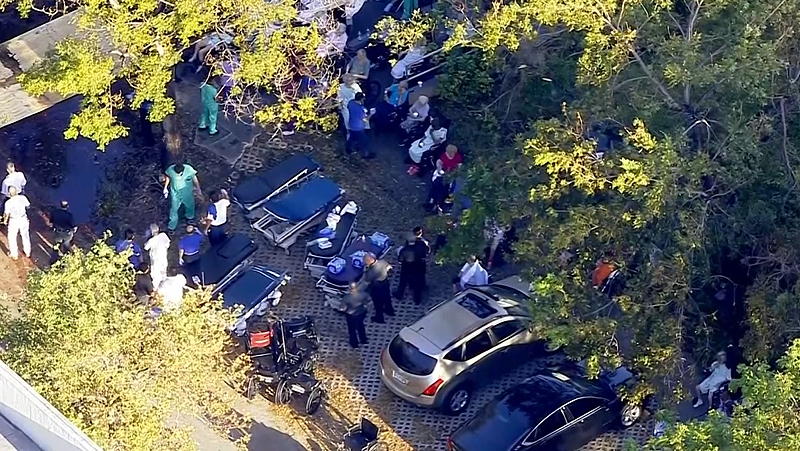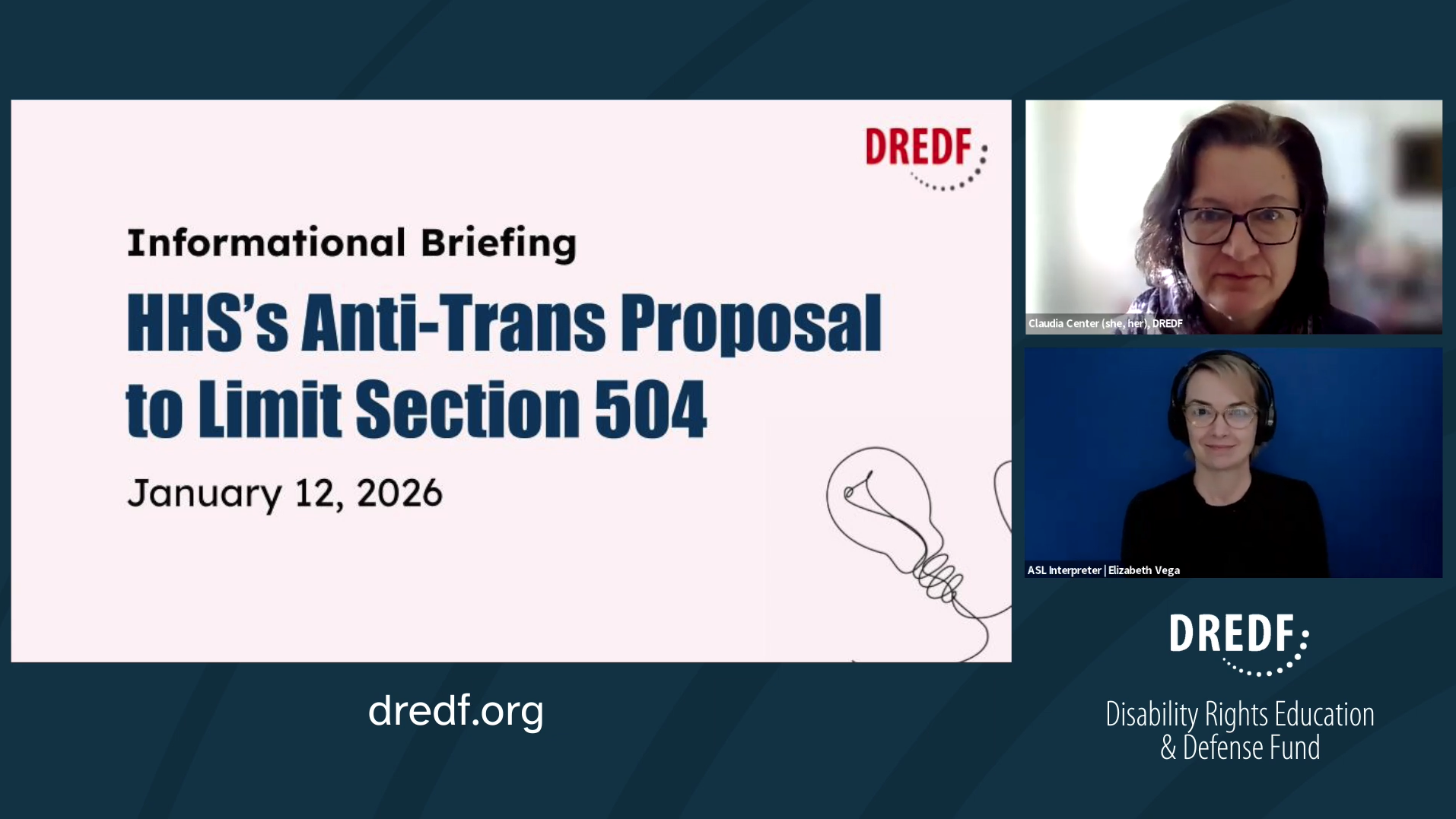
In Emergency Planning, Disabled People Are Too Often Left Behind

As the southern half of the United States begins repairing the damage caused by Hurricane Irma, news reports surfaced that residents of a Hollywood Hills assisted living facility called The Rehabilitation Center were inside the center without air conditioning. Eight people died even though there was a hospital across the street, just mere yards from the nursing home.
“Most of the patients have been treated for respiratory distress, dehydration and heat-related issues,” Dr. Randy Katz, the medical director of Memorial Regional’s emergency department, said at a press conference. At this time, the exact cause of death of the eight individuals are not yet known.
What do we know?
- All eight deaths are under “criminal investigation.”
- The owner of Hollywood nursing home where the individuals died has a history of fraud charges.
- The manager of the facility was accused in 2004 of federal and state health care fraud, according to the Department of Justice. He and three others settled the case.
- The Hollywoods Hills Rehab facility is directly across the street from Memorial Regional Hospital. 115 people were transferred to the hospital. Not all of their conditions were known but a number of the evacuated patients were reportedly in respiratory distress.
- Three people died while still at the nursing home. Five others were in such bad shape that they died even after being moved across the street to Memorial hospital.
As of September 13, at least 15 people have died in Florida including the residents of Hollywood Hills in Irma-related circumstances, many of them after the storm had passed. Elsewhere, Irma was responsible for four deaths in South Carolina and two in Georgia. At least 37 individuals died because of the storm in the Caribbean.
And yet, to paraphrase the New York Times, three days after Hurricane Irma howled through South Florida, eight of the residents of Hollywood Hills were dead, not because of heavy winds, or the result of a flood, but because they lacked air–conditioning.
The Disability Rights Education and Defense Fund mourns the deaths of everyone who has suffered and died because of Hurricane’s Harvey and Irma, and this sorrow is deepened by any instance where negligence was clearly a factor.
Following Hurricane Katrina in 2005—where we know at least 215 corpses of senior citizens, hospital patients, and disabled individuals were found in nursing homes and hospitals throughout New Orleans—the disproportionate impact of disasters on people with disabilities was, for a moment, big news.
Have we not learned anything in 12 years?
If officials knew that the generators would not power the air conditioners, why weren’t the residents of Hollywood Hills moved to the hospital sooner? The possibility that officials may not have known the limits or capacity of back–up power sources is even more disturbing. Either possibility suggests neglect. Both situations could have almost certainly been planned for and prevented.
Individuals with physical disabilities are at increased risk if mobility assistance is not provided, or planned for, during disasters. Individuals with cognitive impairments may struggle with public safety instructions when disaster occurs. People who are blind, Deaf, etc. may have difficulty communicating during the emergency – especially when sign language interpretation is lacking or inadequate. All of these factors persist and they compound and increase the degree of risk in disaster situations for people with disabilities.
Despite the necessary work of groups like Portlight Inclusive Disaster Strategies, and the Trach Mommas of Louisiana who remain on the front lines of disaster relief, evidence suggests that the continued lack of disability-related training provided to and offered by emergency planners and disaster relief personnel remains a disturbing, ever-pressing concern.
Hurricane Irma, the most powerful storm ever recorded in the Atlantic, ranked at the maximum Category 5. And experts predict we haven’t seen the last of it. Forecasts suggest that the 2017 Atlantic hurricane season will be “above–normal,” with 14 to 19 named storms occuring before peak season. For now, Hurricane Jose has spared the Caribbean, but this could change as something as simple and unpredictable as a change in direction.
Warmer temperatures, which exacerbate both the incidence and severity of forest fires, deeper and more dangerous floodwaters, and hurricanes like Irma ratcheting up unprecidented wind speeds of 185MPH, have competed for headlines at the same time policymakers debate budget cuts making disability a political issue outside of traditional access and civil rights concerns. Mother Nature may not discriminate but when it comes to emergency planning, public policy certainly does. This is, by any objective measure—you guessed it—a recipe for disaster.
Disability rights organizations must remain diligent in pressing local, state, and federal authorities to include, and provide for, the needs of disabled people in disaster planning and implementation. As the tragedy of Hollywood Hills illustrates, when the needs of disabled people are ignored, or worse yet – blatantly denied, everyone loses. These concerns are even more pressing when one considers that the Trump administration is seeking to strip nursing home residents and their families of the right to take facilities to court over alleged abuse, neglect or sexual assault.
Policymakers and elected officials should be learning the lessons that disasters like Hurricanes Harvey and Irma provide. Let’s make sure that in addition to the usual lip service we hear from decision-makers in the aftermath of disaster-related tragedies, that the policies they enact, enforce and fund center the needs of disabled constituents – so that we do not get left behind yet again.

